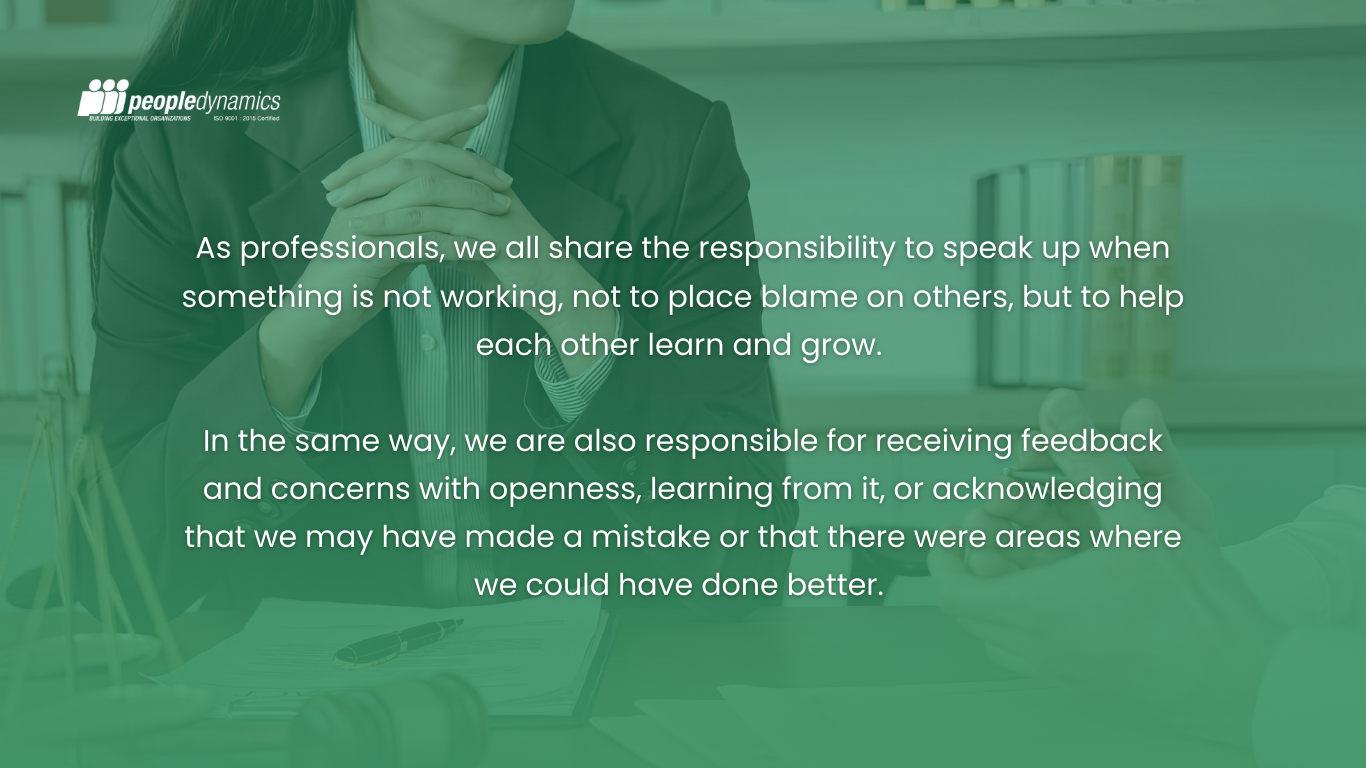Your company can face various sorts of crises. There’s crimes, cyberattacks, power outages, natural calamities, terrorism, and—just like what the world is currently battling—global health crises. These fortuitous events are always a test of how prepared a company is, and how effective your crisis leadership skills are. To effectively lead your team members and your organization through times of uncertainty, you need to equip yourself with the necessary skills and master crisis leadership. Here are 5 steps to do so!
How to Master Crisis Leadership in 5 Simple Steps
Prepare for the unexpected
The responsibility of a leader begins before a crisis—preparation. Crises come when you least expect them. When you prepare for you may potentially face, you immensely reduce the impact of the situation on your organization.
Let’s take the COVID-19 pandemic situation as an example. According to the World Health Organization’s (WHO) timeline, the novel coronavirus—the SARS-CoV-2 officially—was identified after the Wuhan Municipal Health Commission in China reported a cluster of pneumonia cases on December 31, 2019. On January 6, 2020, the Philippine Department of Health (DOH) has ordered a strict screening of incoming travelers. And then, the first case of the novel coronavirus in the Philippines was confirmed on January 30. By March 16, the entire Luzon has been placed under Enhanced Community Quarantine to limit local transmission.
With these developments, how did you prepare for the disease and the measures the government took? When did you start preparing? How well are your preparations? No one could’ve predicted the impact of the disease not just in the country, but globally. But with preparations, you could respond better to the circumstances. And this applies to other fortuitous events, too.
So what should you do as a leader? To prepare for unexpected, create a plan on what you should do if you’re facing a crisis. Think of all the possible consequences and developments of the situation, including how your team members may act. You should note that in times of crisis, with the feeling of uncertainty and pressure so prevalent, individuals may act differently and that usual organizational roles and rules may not apply. This adds to the unpredictability of a critical event. It’s crucial also to know your limitations, and when and how external parties come in to help you address the events. You should also include how you’ll respond when you can’t rely on technology and information—which are common during natural calamities.
Continuously adapt
Crises come with changes. And what’s the key to managing change? Adaptability. So, to master crisis leadership, you have to continuously adapt. Your first impression and analysis of the situation will most likely change as more and newer information comes along. If your new analysis suggests a remake of your plan and preparations, then remake them. As a leader, it’s your role to constantly look at your identification of the crisis because it can change and become multiple events. The unimportant yesterday can be an extremely crucial factor tomorrow. Remember to always monitor the situation and be flexible with your plans.
Actively communicate
One of the most essential things in times of crisis is communication. As a leader, you have to stay informed and help your team members and other stakeholders stay informed. Actively communicate and be transparent with them regarding what they need to know. Don’t let panic because of information overload, gossip, and rumors spread to your team. Control the message by acting as a spokesperson and go-to person for honest, consistent, and reliable information.
It’s also important to keep a record of the information that you disseminate so that you and your team members remain consistent with what you know. It will also help you when you want to know and backtrack certain information.
Lead decisively
As a leader, it’s up to you to guide your team members. And in times of uncertainly, your decisions need to be certain. So, to master crisis leadership, you need to lead decisively. Learn how to make better decisions. Here are some other tips to lead decisively:
- Build your confidence
- Be knowledgeable
- Take action when needed
But, take note that even as a leader, it’s common to make mistakes. And when in crisis, the risk of making bad decisions is higher. If you know that your action is wrong or ineffective, be flexible! Back up, change course, adjust, and move forward again.
Manage the crisis lifecycle, not just the event
When a crisis passes, it doesn’t mean that it won’t happen again. That’s why, to be a master of crisis leadership, you have to manage the lifecycle and not just the event. Your organization’s future depends on the timeliness and effectiveness of your crisis response. Your management approach especially your readiness, preparation, and follow-ups can help your company stay ahead of potential threats.
The key operating principles apply to different types of crises. You can think of crisis management as a cycle starting from preparation, to response, and recovery, and then back to preparation again. And when you start preparing again, learn from your experiences. So that when your organization faces these challenges, you can do even better than before.
As a leader, you must be equipped in times of crisis. We hope that with the steps above, you can master crisis leadership and be better prepared for the future!




